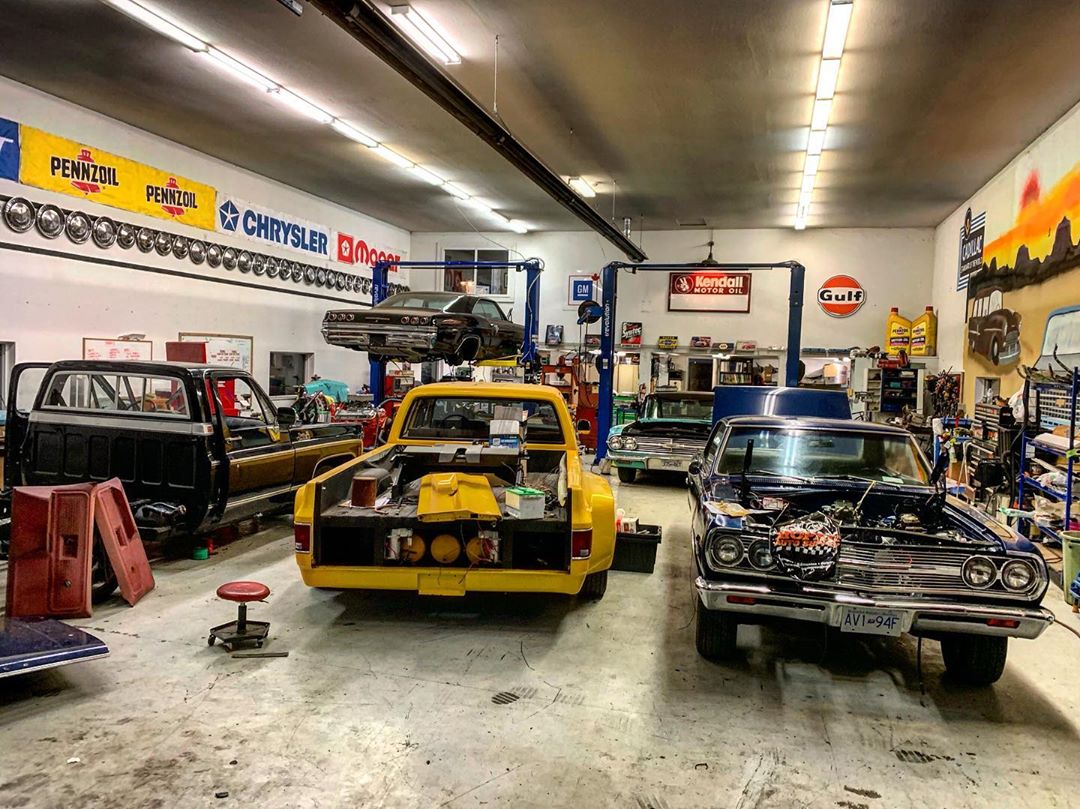All Categories
Featured
A well-maintained engine is the key to your vehicle's longevity and peak efficiency. Regular engine tune-ups not just boost fuel effectiveness however additionally reduce the probability of unexpected failures. Whether you're a cars and truck fanatic or a person who simply desires to stay clear of pricey fixings, these engine tune-up ideas will maintain your lorry running like a dream.

- Change the Flicker Plugs. The stimulate plugs fire up the air-fuel mix in your engine, and their performance straight impacts engine performance. Gradually, trigger plugs can wear, causing misfires, reduced gas economy, and sluggish velocity.
Throughout a tune-up, check and change ignition system if they reveal signs of wear, such as soot accumulation, corrosion, or splits. Depending upon your automobile, ignition system might need to be changed every 30,000 to 100,000 miles.
- Check the Ignition System. Your vehicle's ignition system, that includes the ignition coils, distributor, and cables (if applicable), is accountable for providing the trigger that powers your engine. Defective ignition elements can cause starting concerns and rough engine procedure.
Look for harmed or used parts and change them throughout your tune-up. Ensuring a healthy and balanced ignition system will certainly enhance engine integrity and efficiency.
- Tidy or Change the Air Filter. A tidy air filter permits your engine to "breathe" appropriately by making certain a consistent circulation of clean air. With time, dirt and particles can obstruct the filter, decreasing air flow and influencing fuel efficiency.
Inspect the air filter throughout a tune-up and replace it if it's unclean. For drivers in dirty or polluted areas, air filters may require to be altered extra often.
- Examine and Clean the Gas System. The fuel system, including the gas injectors, gas pump, and fuel lines, can collect deposits over time, lowering gas shipment and engine efficiency. Make use of a fuel injector cleaner or have your system expertly cleansed throughout a tune-up to bring back appropriate performance.
On a regular basis preserving your gas system makes sure much better burning and optimizes your engine's efficiency.

- Change the Engine Oil and Oil Filter. Engine oil is important for lubrication, air conditioning, and reducing rubbing in between relocating components. Over time, oil degrades and accumulates particles, losing its effectiveness.
During a tune-up, replace the engine oil and oil filter. Adhering to the supplier's suggestions for oil type and modification periods is crucial to maintaining your engine in optimum problem.
- Examine the Belts and Hoses. The belts and hose pipes in your engine compartment play crucial roles in powering elements like the generator, water pump, and a/c system. Wear and tear over time can bring about splits, fraying, or leaks.
Inspect the problem of belts and hoses throughout your tune-up and change any kind of that reveal indicators of damage. Proactively resolving these problems can avoid costly repair services and unanticipated failures.
- Examine the Battery and Electrical System. A weak or stopping working battery can leave you stranded. During your tune-up, test the battery's voltage, evaluate the terminals for deterioration, and ensure the connections are limited.
In addition, have the generator and starter inspected to guarantee they're functioning correctly. Resolving electric system problems early can conserve you from bothersome shocks.
- Examine the Air Conditioning System. The air conditioning system stops your engine from overheating, which can create serious damage. Throughout a tune-up, check the radiator, hoses, and water pump for leakages or wear.
Flush and change the coolant if it's unclean or has actually exceeded its recommended life span. Proper cooling system upkeep assists your engine operate within its optimal temperature level variety.
- Address Control Panel Warning Lights. Modern cars are equipped with sophisticated analysis systems that illuminate alerting lights when concerns emerge. If your control panel displays any advising lights, such as the check engine light, resolve them during the tune-up.
An expert technician can utilize analysis devices to determine and repair the problem, stopping little concerns from escalating.
- Keep Your Engine Clean. A clean engine runs cooler and is less complicated to examine for prospective concerns. Eliminate dirt, oil, and gunk from your engine bay during a tune-up. Use a degreaser and a gentle brush for cleansing, and prevent splashing water directly on electrical parts.
Conclusion: Tune-Ups Are the Key to Engine Durability. Routine engine tune-ups are a financial investment in your automobile's wellness, performance, and effectiveness. By replacing worn components, cleaning up important systems, and dealing with problems early, you'll guarantee your automobile stays dependable for years to find. Whether you're dealing with the tune-up yourself or taking your car to a trusted mechanic, adhering to these tips will certainly maintain your engine going for its ideal and assist you avoid unexpected fixings. A properly maintained engine does not just save you cash-- it assures assurance when driving.
Latest Posts
Check Out the Greatest Auto Repair Coupons in Montclare, Chicago
Discover Reduce Expenses on Car Maintenance with Montclare Auto Repair’s Exclusive Deals
How Regular Car Maintenance at Montclare Auto Repair Saves You Money
More
Latest Posts
Check Out the Greatest Auto Repair Coupons in Montclare, Chicago
Discover Reduce Expenses on Car Maintenance with Montclare Auto Repair’s Exclusive Deals
How Regular Car Maintenance at Montclare Auto Repair Saves You Money